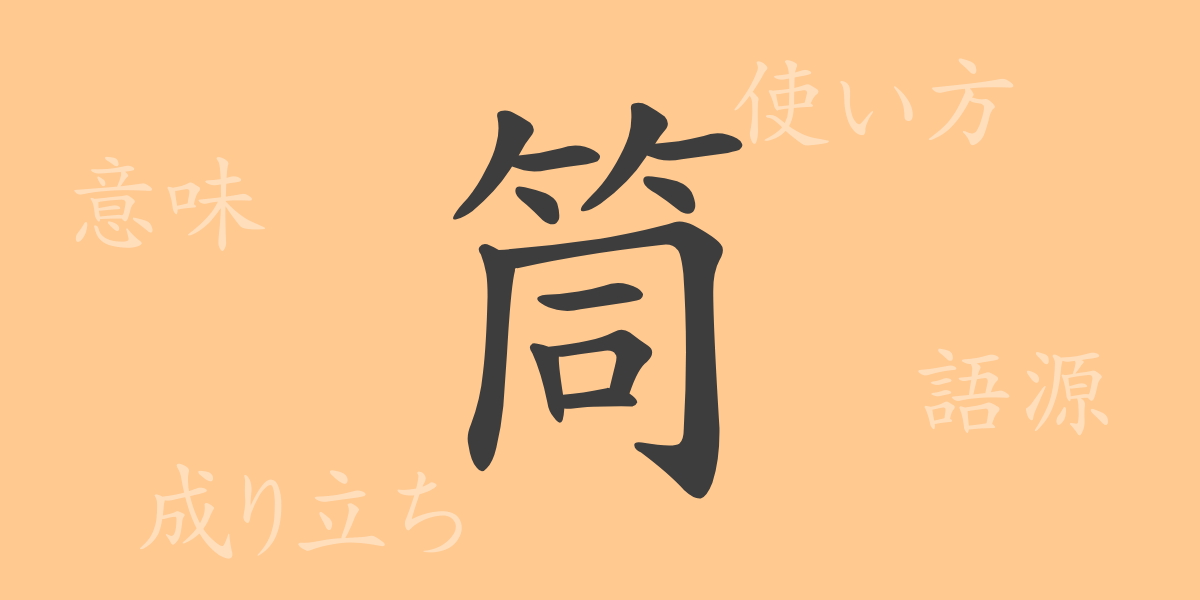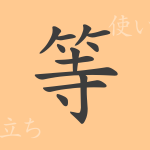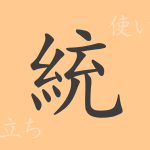In the rich tapestry of Japanese character culture, the Kanji ‘筒 (トウ)’ is deeply rooted in our lives and used in a variety of meanings and applications. This article delves into the origins of the Kanji ‘筒’, exploring its pronunciation, meaning, usage, as well as phrases, idioms, and proverbs involving ‘筒’. Let’s rediscover the often-overlooked allure of ‘筒’ in our everyday life.
Origins of ‘筒 (トウ)’
The Kanji ‘筒’ traces back to ancient China, originally signifying a container made by splitting bamboo vertically, known as ‘竹筒 (ちくとう)’. From this shape, the character ‘筒’ was derived. Over time, ‘筒’ has been made from various materials, contributing to the development of many cultural and technological aspects.
Meaning and Usage of ‘筒 (トウ)’
‘筒’ generally refers to cylindrical containers or objects. For example, ‘水筒 (すいとう)’ for carrying water or liquids, and ‘紙筒 (しとう)’ for rolling up paper or fabric. It is also used metaphorically, such as in ‘筒抜け (つつぬけ)’, which describes a situation where information does not pass through as intended.
Pronunciation, Stroke Count, and Radical of ‘筒 (トウ)’
Understanding the readings and structure of the Kanji ‘筒’ can deepen our comprehension.
- Reading: On’yomi ‘トウ’, Kun’yomi ‘つつ’
- Stroke Count: 12 strokes
- Radical: 竹(たけかんむり)
Phrases, Idioms, and Proverbs Using ‘筒 (トウ)’
There are numerous idioms and proverbs that include ‘筒’, each illustrating the richness of Japanese expression.
- 一筒 (いっつつ): A tile in Mahjong representing one of the bamboo suit.
- 筒抜け (つつぬけ): Information leakage, where secrets are not kept and become known externally.
- 筒にはまる (つつにはまる): Things going smoothly or proceedings progressing without hindrance.
Conclusion on ‘筒 (トウ)’
The Kanji ‘筒’ is frequently seen in our daily lives and is used to describe a variety of objects and situations, thanks to its

























